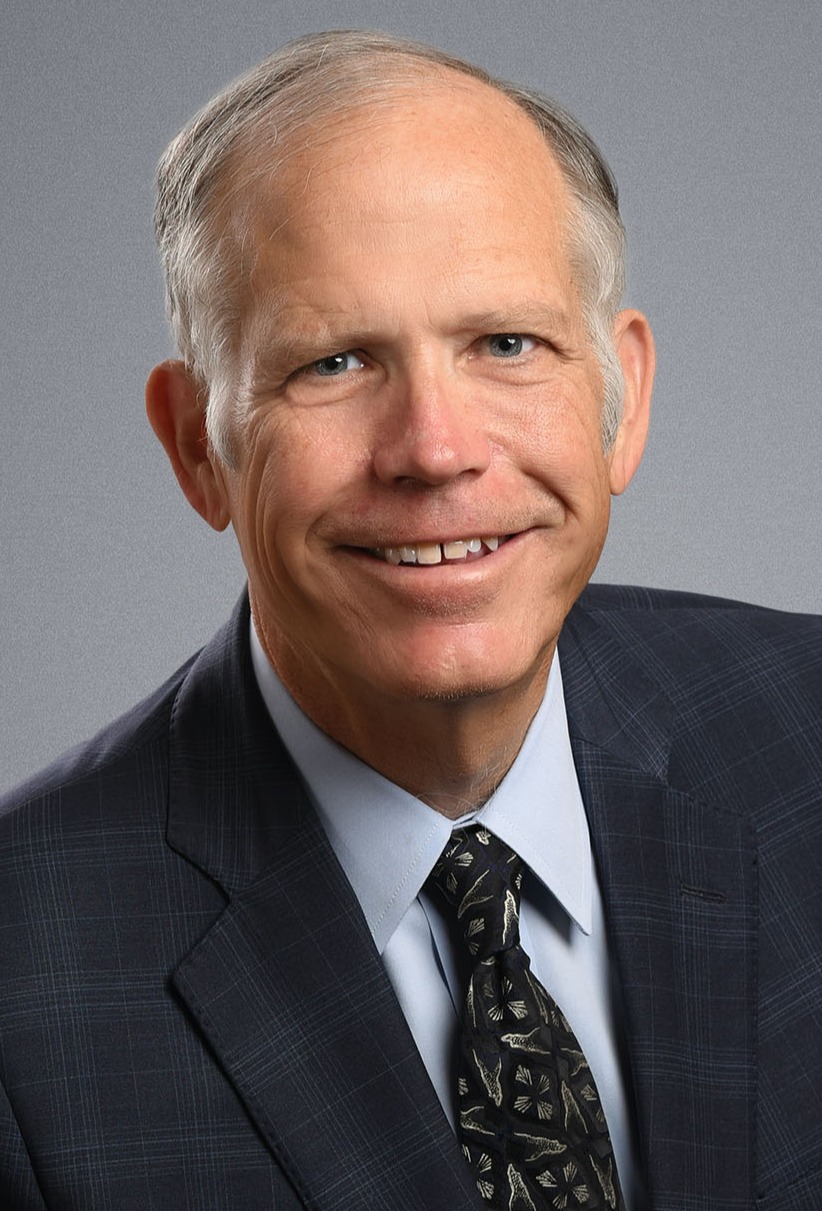Earlier this week, the Securities and Exchange Commission staff added two new Compliance and Disclosure Interpretations dealing with disclosures of self-identified diversity characteristics under Items 401(e) and 407(c)(2)(vi). Both C&DIs pose the...

Keith Paul Bishop
Recent Posts
Yesterday's post concerned possible arguments that federal law preempts Nevada's fiduciary standard for broker-dealers. At present, any preemption would have to be based on the National Securities Markets Improvement Act and/or the Dodd-Frank Act....
Recently, I wrote about the Nevada Secretary of State's proposal to adopt regulations implementing legislation that imposes a fiduciary standard on brokers. See Nevada Secretary Of State Unveils Proposed Broker-Dealer Fiduciary Rules. This rule...
Under Nevada's Constitution, Nevada's legislature meets biennially (i.e., every other year), a schedule not to be confused with with California's legislative biennium (i.e., lasting two years). Nev. Const. Art. 4, § 2(1). Nevada's current...
As are result of legislation enacted last year, California corporations and limited liability companies may now apply to the Franchise Tax Board for administrative dissolution/cancellation. 2017 Cal. Stats. ch. 679 (AB 2503). The FTB, moreover, has...
In an en banc decision issued yesterday, the Ninth Circuit Court of Appeals reversed U.S. District Court Judge Edward M. Chen's denial of a preliminary injunction in an action challenging a San Francisco ordinance requires health warnings on...
As a general matter, a parent company will not be liable on a contract signed by its subsidiary simply because it is a wholly-owned subsidiary. Sometimes, however, it is possible to establish some other basis for binding a parent to its subsidiary's...
Doing Business - Chapter 80
When settling claims, California lawyers will typically include a waiver of Civil Code Section 1542. That statute generally provides that a general release does not extend to claims not known or suspected to exist at the time of executing the...


.png?width=100&height=100&name=corporate_law_blogs%20(1).png)